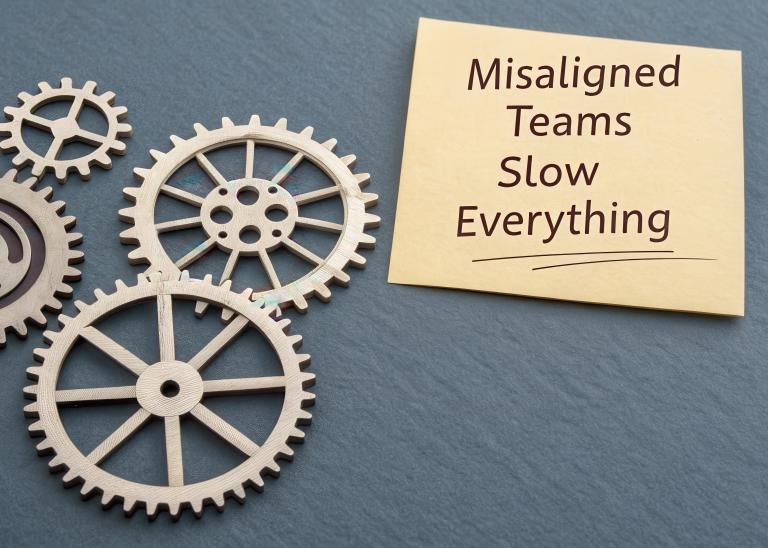By Nicole Murphy, Leadership & Graduate Development | APS Academy
One of the things that often comes up from leaders participating in APS Leadership Edge is how to support the team during times of change.
As a result, we’ve run a couple of masterclasses on the topic for the APS Leadership Edge participants and have focused on it a few times, resulting in some really interesting discussions. I thought I’d share some of the wisdom with you all.
1) Be authentic, calm, positive and listen
One of the big messages that came through from our leaders dealing with really tremendous change for their teams was a simple one:
- Be authentic – you can be honest about how you feel about the situation and yet still support and respect the decisions that have caused the situation. Model to your team how they can behave.
- Be calm – the mood of the leader really does affect the team. If you’re panicking all the time, that’s what the team will do to. If you do have a moment, that’s not the end of the world. Show your team how to take that breath, calm down and then work through the situation to best effect.
- Be positive – change is difficult, but it is also full of possibility. Allow time to grieve what is being lost, but celebrate what has been achieved and encourage dreams of what could be.
- Listen – be available to your team, listen to them, allow them to speak and acknowledge that their response is a reasonable one.
2) Let the information flow.
A great line from one of our participants came from advice a boss once told him – people will fill a vacuum with their own perception. So share what you can as soon as you can. Don’t wait for it to be 100% ready – people will see that something is happening and they will create their own story.
3) Take a moment to consider where your team is at.
If you are an experienced team leader, you might have been through a lot of change (let’s face it – we see change at a minimum every four years, usually much more than that). How experienced are your staff? Have they been through this sort of change before? Knowing that will really help guide you in how to handle this. A team of really experienced APS staff will need different support to a team of mixed, or even mostly new staff.
4) Become familiar with the SCARF model.
The SCARF model is a neuroscience-based framework developed by Dr David Rock to understand and manage social and emotional triggers. These are the triggers that can cause either a threat or a reward response in the brain.
People are unique in terms of how they sit on the SCARF framework. Working out what are the strongest triggers for your team will then help you understand what about a change they will be finding most threatening.
For example, a person who has a strong need for Certainty (the C in SCARF) will need to be handled differently to a person whose driver is Fairness (the F). So you’ll know the way to communicate, the things that each person in your team needs to know in order to help them through the change.
5) Work on developing that Speak Up Culture
It’s really important in dealing with change that your team be a place where it’s safe to speak up. If people aren’t prepared to tell you how things are going, how they’re feeling, then you may not realise when they are struggling and that they need assistance.
The Speak Up Culture guidance and workbook gives you very clear strategies that you can use to build this culture in your team. This is something that you can do before the change occurs, so you are all then in a better position to cope with the change when it happens.
Access the guidance and workbooks
6). Look after yourself
You’re only going to be strong enough to support your team if you remain in good condition. Self-care is going to be a really important part of your role as a leader during a time of change. The APSC Mental Health and Suicide Prevention Unit has created a program called Compassionate Foundations to help you develop the skills you need to be a supportive leader.
The final module is all about self-care. It includes tips for things such as knowing your own personal warning signs that you are starting to become over-strained, and to plan ahead your self-care activities for when you do become stressed.
You can work your way through the Compassionate Foundations program.
Is your team, branch or agency going through change at the moment? Make sure you take some time to not just consider the logistics of the change, but the emotional impact so you can support your team and made the change easier for everyone.
Want to know more about the leadership offerings of the APS Academy? Email the team.





